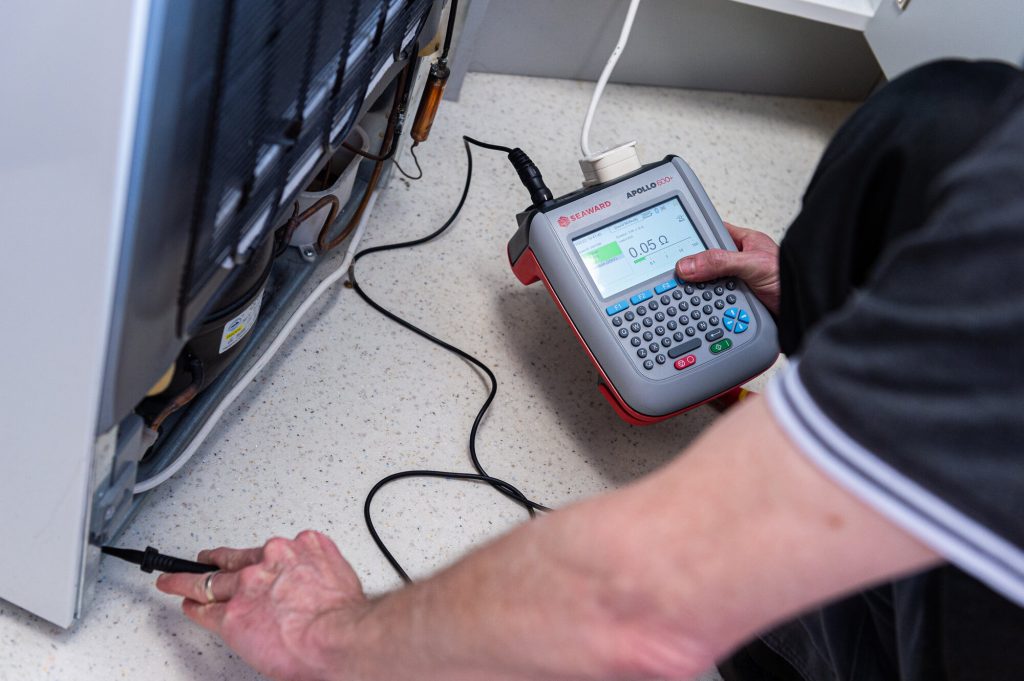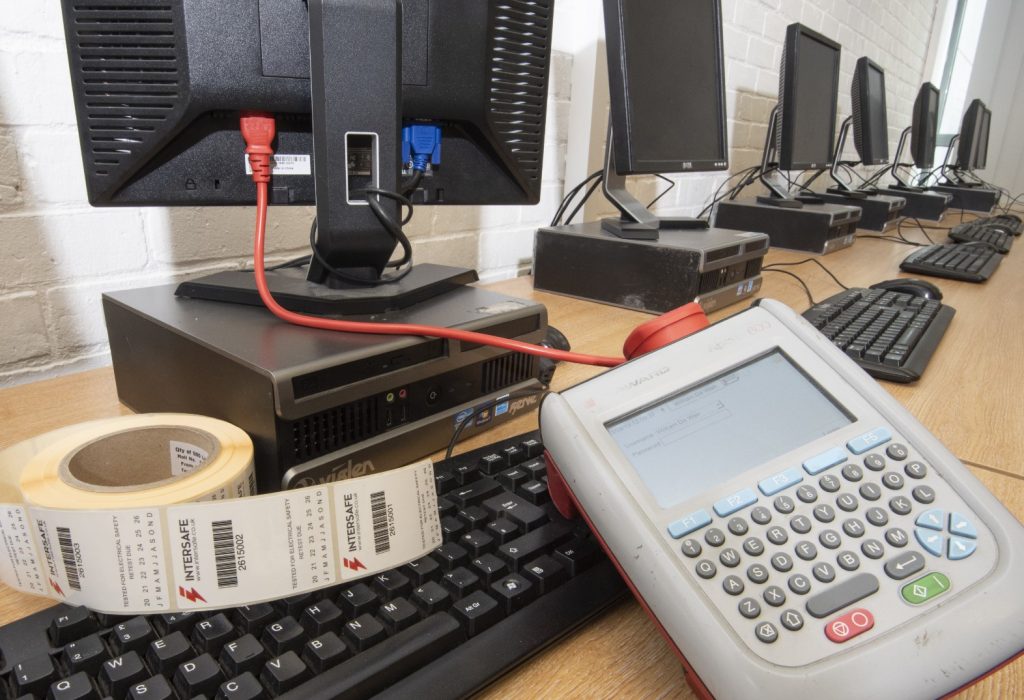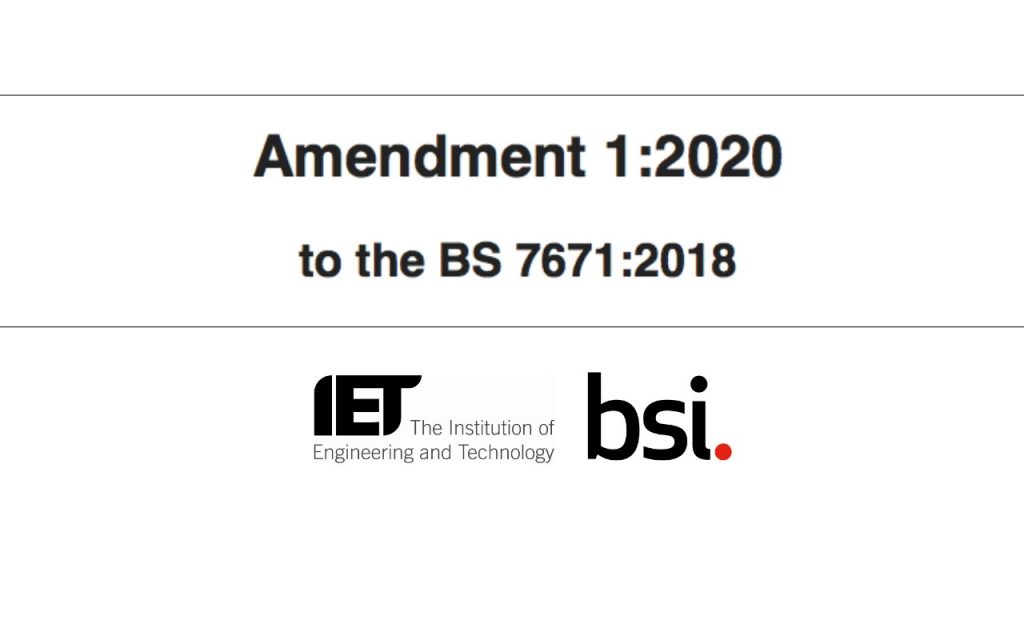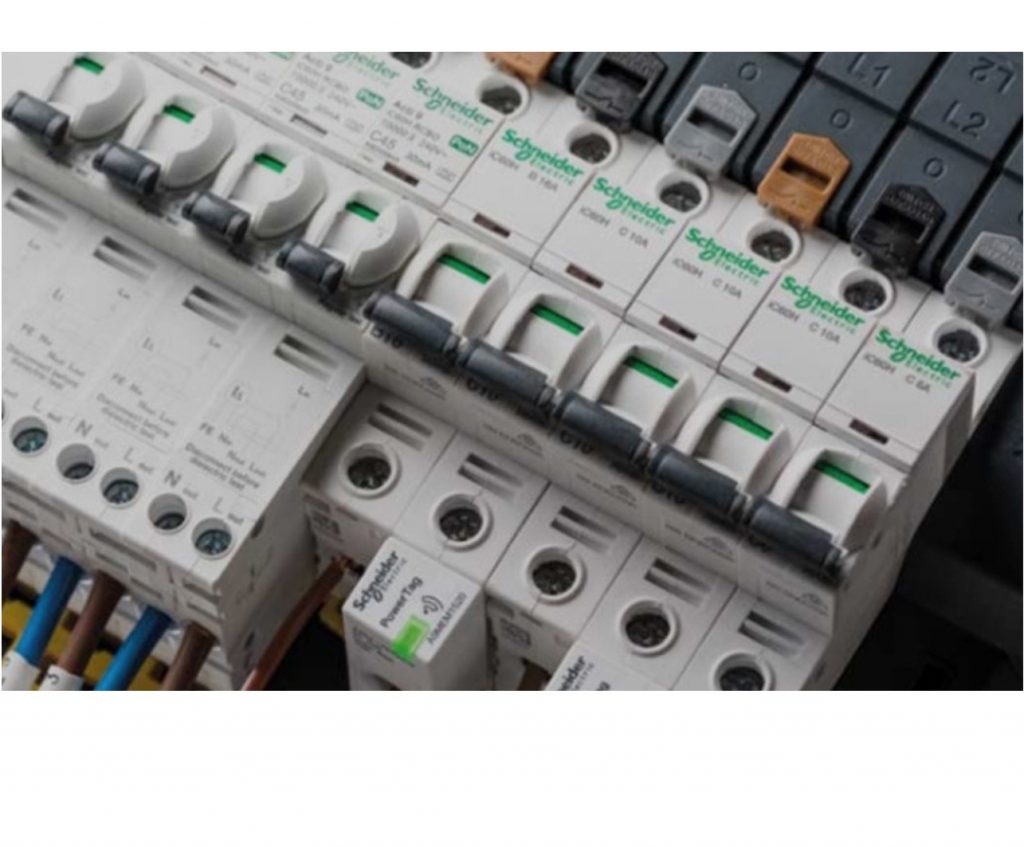What does Class I and Class II mean when it comes to PAT Testing?

Businesses know that carrying out PAT Testing is a requirement but what’s the difference between Class 1 and Class 2? Electrical safety can be viewed in exactly the same way as any other type of building maintenance and it is a company’s responsibility to see that it is carried out regularly and thoroughly. Businesses generally […]
What qualifications does a PAT tester need?

Wondering what qualifications a PAT tester needs? We share the answer to this question along with some other useful information around PAT testing requirements. Who can PAT test? By law, any competent person can carry out a PAT test. In this instance, competence is defined as having knowledge about electricity and previous experience in working […]
How to avoid electrical faults in your school

Electrical faults in any building are dangerous and disruptive, but in schools, the consequences can be more severe. With a large number of children and young adults in one place, the impact of a severe electrical fault can be tragic.
PAT Testing in Schools: Who is Responsible?

Portable appliance testing (PAT) is not just something that should be carried in business premises; legal requirements decree that electrical appliances must also be maintained in schools.
Electrical Safety in Education

Electricity is essential to providing quality education in schools and is commonly used in lessons for demonstrations and class activities. Accidents due to electrical faults in these environments are rare, however this does not negate the need for precaution to be taken when working or handling electrical appliances. In this article we will discuss how […]
18th Edition – Amendment One

The IET have issued the First Amendment to BS7671: 2018 (also known as the 18th Edition). Intersafe Operations Manager, Colin Lang, answers questions about the first Amendment to the 18th Edition. Q: What is an Amendment? An amendment is an update to the current edition of BS7671 (“the Regs”). There are generally 3 amendments issued per […]
What does Class I and Class II mean when it comes to PAT Testing?

Businesses know that carrying out PAT Testing is a requirement but what’s the difference between Class 1 and Class 2? Electrical safety can be viewed in exactly the same way as any other type of building maintenance and it is a company’s responsibility to see that it is carried out regularly and thoroughly. Businesses generally […]
Is Fixed Wire Testing a Legal Requirement?

What are the regulations surrounding fixed wire testing in commercial properties? Fixed Wire testing, which involves testing the safety of the circuits around your building or buildings, is required in order to demonstrate compliance with laws including the Electricity at Work Regulations and the Health & Safety at Work Act. What the Regulations Say The Health […]
How thermal surveys can save you money

Have you ever wished for a super-power that that could help predict electrical failures? Fixing something just before it breaks is always more cost-effective than post-failure repair. By the time something fails, in addition to the cost of repair / replacement, there is the cost of impact; at best, a few hours lost productivity, at […]
18th Edition Wiring Regulations – The impact on existing installations

From 1st January 2019 the 18th Edition of the BS7671 IET Wiring Regulations became the latest standard in electrical installations. Here we look at the 5 changes most likely to affect existing installations. All new installations must be designed and built to comply with these latest regulations. In addition, regular fixed wire inspections and testing […]
